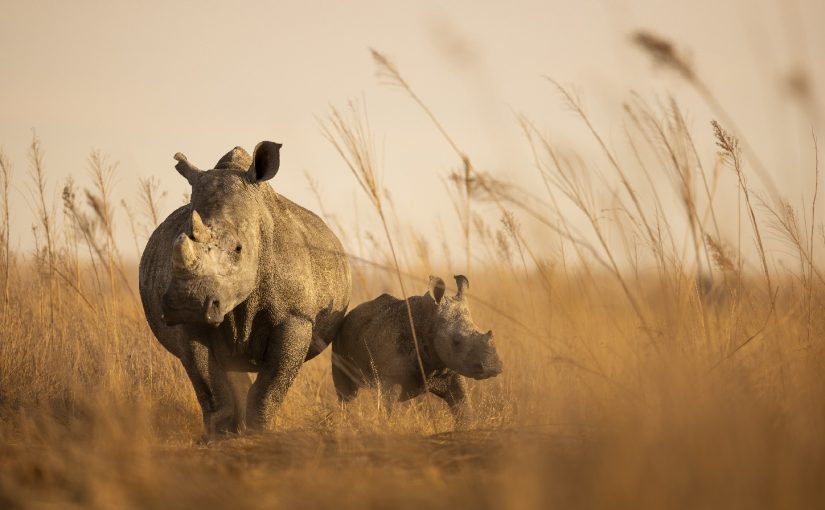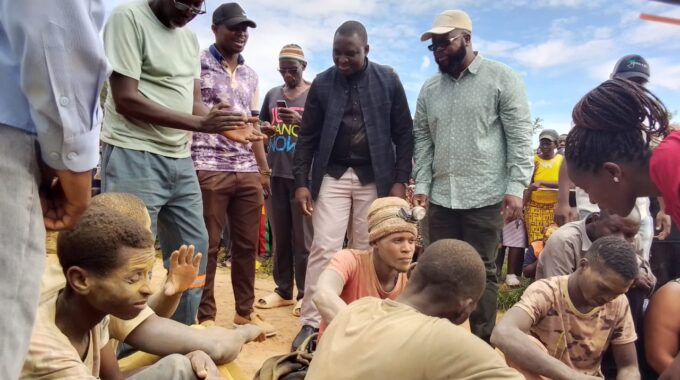In a significant move to protect rhinos from poaching, the world’s largest rhino farm, the 7,800-hectare Platinum Rhino farm in South Africa, has been acquired by the NGO African Parks, which is associated with Prince Harry.
The farm, which houses 2,000 white rhinos, was founded by wealthy businessman John Hume in 2009 with the aim of breeding and conserving the endangered species. However, due to the high costs associated with the project, Hume put the farm up for auction in April, hoping to find a buyer who could continue the conservation efforts.
With no buyers emerging, the rhinos faced the looming threat of poaching. African Parks, supported by the South African government and conservation groups, stepped in to secure the future of these majestic creatures.
John Hume, 81, acknowledged the challenges of breeding rhinos, calling it an expensive hobby. He revealed that he had spent a total of $150 million on the conservation efforts but had run out of funds to continue the project.
African Parks did not disclose the purchase price but emphasised its moral obligation to protect the rhinos from further decline. The organisation’s CEO, Peter Fearnhead, stated that he had not originally intended to become the owner of a business breeding rhinos in captivity, let alone 2,000 rhinos.
South Africa is home to nearly 80% of the world’s white rhino population, with estimates indicating fewer than 13,000 specimens remaining. The country has become a hotspot for rhino poaching, driven by demand from Asia, where rhino horns, made of keratin, are used in traditional medicine for their alleged therapeutic or aphrodisiac effects.
In 2022, South Africa recorded the loss of 448 rhinos to poaching, despite reinforced anti-poaching measures in national parks. Poachers have adapted their tactics, targeting more vulnerable private parks where rhinos are easier to access.
African Parks’ acquisition of the Platinum Rhino farm is part of a broader strategy to reintroduce farmed rhinos into the wild over the next decade, with plans to transfer them to protected areas in Africa. This ambitious project aims to reduce the risks to the species and gradually phase out the breeding programme.
One approach to combat rhino slaughter is preemptive dehorning, a procedure that involves removing the coveted horns, which can then grow back. In South Africa, trade in rhino horns within the country is allowed, albeit controversially, while export remains illegal.
John Hume previously stirred controversy in 2017 when he organised an online sale of rhino horns to raise funds for conservation efforts, sparking public outrage and debate within the private sector. With the acquisition of the Platinum Rhino farm, African Parks is taking a significant step towards protecting rhinos and preserving their future in the wild.









No comment yet, add your voice below!